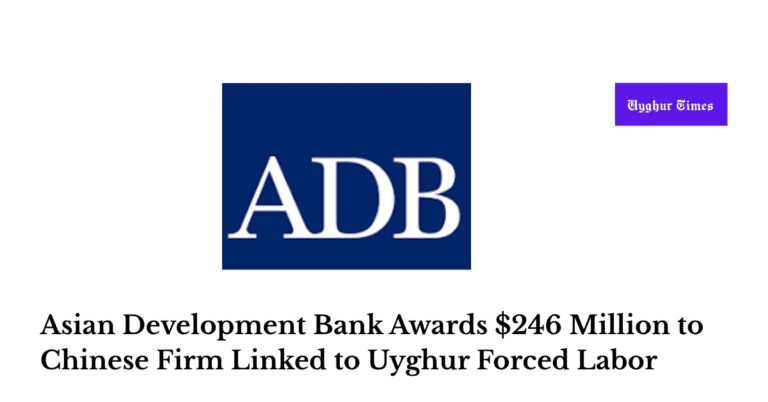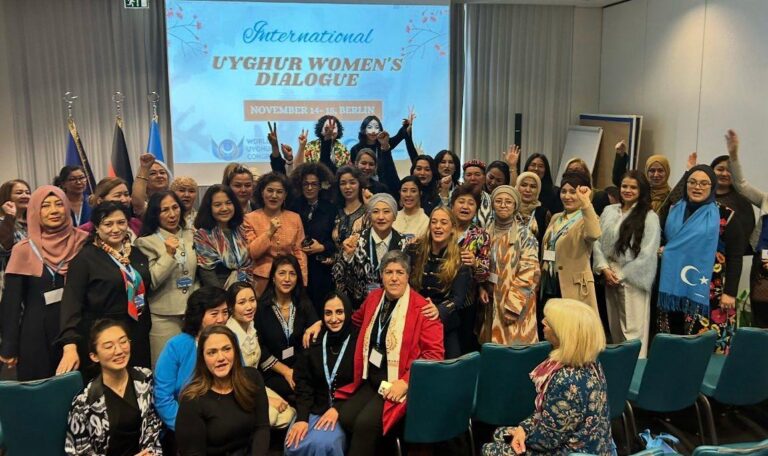
MIT Supports Chinese Government in Uyghur Surveillance through CCP-Funded Technology Development
Report by Washington Free Beacon: MIT Used Funding from Sanctioned Chinese Company to Advance Facial Recognition Technology with Uyghur Implications
The Massachusetts Institute of Technology (MIT) leveraged funds from the twice-sanctioned Chinese company, SenseTime, to propel advancements in facial recognition technology, which has reportedly been employed by the Chinese benefactor to surveil and imprison Uyghurs, as uncovered by a review conducted by the Washington Free Beacon.
In 2018, China’s prominent facial recognition firm, SenseTime, provided an undisclosed financial contribution to MIT. Among the research papers backed by this donation, a striking twenty out of twenty-two concentrated on “neural networks,” an integral element of facial recognition technology. Additionally, fourteen papers centered on image data and image recognition algorithms. Notably, collaboration between MIT researchers and individuals associated with Zhejiang University, known for its classified projects with the Chinese military, yielded a paper concerning “artificial neural networks.”
While the specifics of SenseTime’s utilization of the sponsored research remain unclear, reports indicate that the company’s facial recognition technology contributed to China’s acts of genocide. SenseTime’s technology contributes to a concealed and extensive system employed by China to monitor and exert control over Uyghurs, as reported by the New York Times in 2019. In response, the Trump administration placed sanctions on SenseTime, identifying its role in Uyghur repression and surveillance. These sanctions prohibited technology transactions between the company and the United States. In 2021, the Biden administration further banned U.S. investment in SenseTime.
SenseTime’s financing of MIT research reflects China’s sustained campaign to influence American higher education and acquire intellectual property from U.S. universities. Over the past decade, China has been the largest contributor to U.S. universities among foreign nations. Notably, some of these contributions are linked to individuals and groups with connections to the Chinese military. MIT received a significant donation from a Chinese tech billionaire with ties to the People’s Liberation Army. This individual not only donated to MIT but also holds advisory positions at Yale and Cornell.
The majority of the research funded by SenseTime revolves around neural networks, crucial in training systems to capture intricate facial patterns. MIT’s research encompasses convolutional neural networks, which excel in image recognition compared to other network types.
Between 2019 and 2022, MIT published papers on neural networks and image recognition, coinciding with SenseTime filing 47 patent applications with the World International Patent Organization for facial and image recognition technologies based on neural networks.
In 2018, MIT and SenseTime announced their “Alliance on Artificial Intelligence” alongside an undisclosed monetary gift from SenseTime. While MIT initially reassessed its association with SenseTime following the 2019 sanctions, the research persisted until the company encountered subsequent sanctions two years later.
Even after the 2021 sanctions, MIT chose not to return the financial gift from SenseTime. Instead, the university suspended unused funding for new research proposals and fellowships associated with the gift.
Despite inquiries, MIT did not provide further details about SenseTime’s donation amount or the research content.
Notably, SenseTime is not the sole contentious Chinese entity collaborating with MIT. Researchers linked to China’s Zhejiang University co-authored one of the SenseTime-funded papers. This university supports Chinese military research labs and has been flagged by the U.S. government for espionage.
Both the Biden and Trump administrations have classified China’s treatment of Uyghurs as genocide. Millions of Uyghurs are detained in the Uyghur homeland, where they face political indoctrination, forced labor, and coerced sterilization.
SenseTime has refuted the sanctions, asserting that the accusations are unfounded and stem from misconceptions about the company. In a statement from 2021, SenseTime expressed regret for becoming embroiled in geopolitical tensions.






